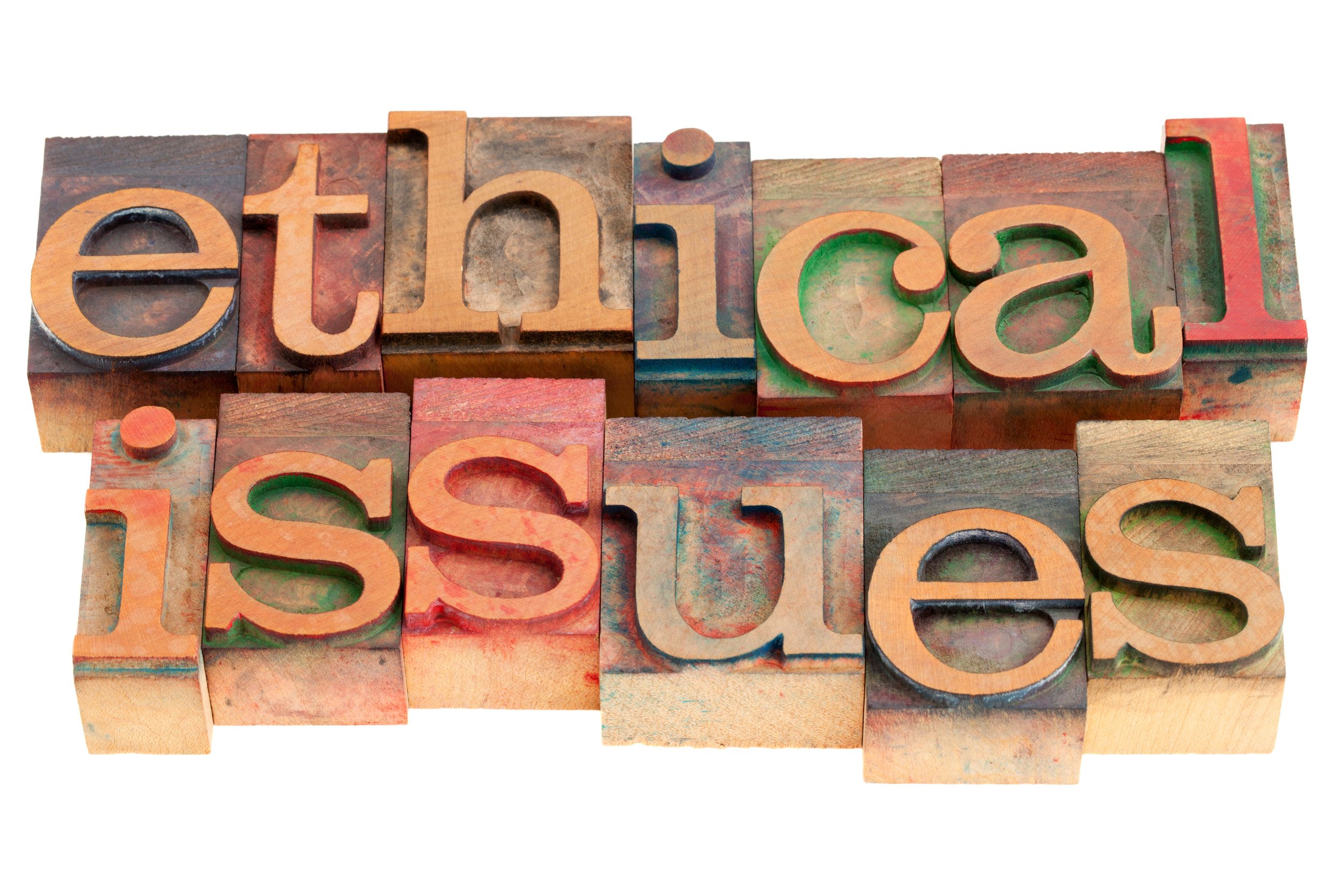Ethics Matter to our Profession
ASAE has Standards of Conduct for members, and at the August 2022 ASAE Board meeting, the organization even added a new one. These are not aspirational, meaning they are not something you “try to do.” These are the Standards of Conduct we should use and model in our daily lives and so we should use these to the best of our ability. It demonstrates to the world that we are a profession that should be taken seriously because we take ourselves and our work seriously.
As I approached the end of 2022 and looked forward to my year-end vacation/holiday break, I was vexed, bothered, and troubled by something I saw online. It was a breach of professional conduct and ethical behavior, and I was upset because I felt that I should “do something” about it. But I realized it was bigger than me. It was an issue affecting our entire profession and especially the unique role that Certified Association Executives (CAEs) should play in modeling ethical behavior.
What I saw: ASAE members, some of whom are CAEs, bullying another ASAE member online about an issue related to intellectual property.
Why it bothered me personally: I knew almost every person involved in this online interaction.
Why it bothered me professionally: I saw conduct that was not following at least 2 if not 3 of the ASAE Standards of Conduct, and again, several of the people involved in this were CAEs.
Since it was bigger than me, I took my questions about this situation to the ASAE Ethics Committee. What I learned is that there is no enforcement process or mechanism for members that don’t have the CAE, yet these are the Standards of Conduct the CAE Commission uses when reviewing potentially unethical behavior by CAEs. I was referred to the CAE Commission by the Ethics Committee, and I was told by the Commission that I needed to submit more information. I declined to do that because (1) I had already given them everything that I had; (2) I didn’t want to “punish” anyone by putting them at risk of losing their CAE; and (3) if there is not an enforcement process for all ASAE members, I’m not going to pursue one for a small segment of the overall membership.
In this situation, rather than taking what I considered a threatening step of “going to the commission” I would rather have seen a “stern talking to” approach along the lines of a letter pointing out why the behavior was not modeling our Standards of Conduct. In my perfect world scenario, this would become a teaching moment that hopefully inspired self-reflection.
We don’t have an enforcement mechanism for our profession’s code of ethics, but I think right now what we need is more education about our Standards of Conduct because many people don’t even know where to find them. Until we have a solid reference point, enforcement should wait.
In my opinion, education about ethics is always the first best step in helping members of any profession to create and model an ethical mindset. Take a positive step for yourself and the profession by learning the Standards of Conduct established by ASAE (and any other group you are a member of for your personal professional pursuits). For the nonprofit profession to excel, we must pursue excellence through our daily practice. By elevating ourselves, we elevate the profession.
The thing about ethics is that these are not situational, ideas that are only applied when it suits our needs. Ethics are the standards that we learn, acknowledge, and accept when we are part of a profession that has them and these need to be modeled daily in our decisions and actions.


